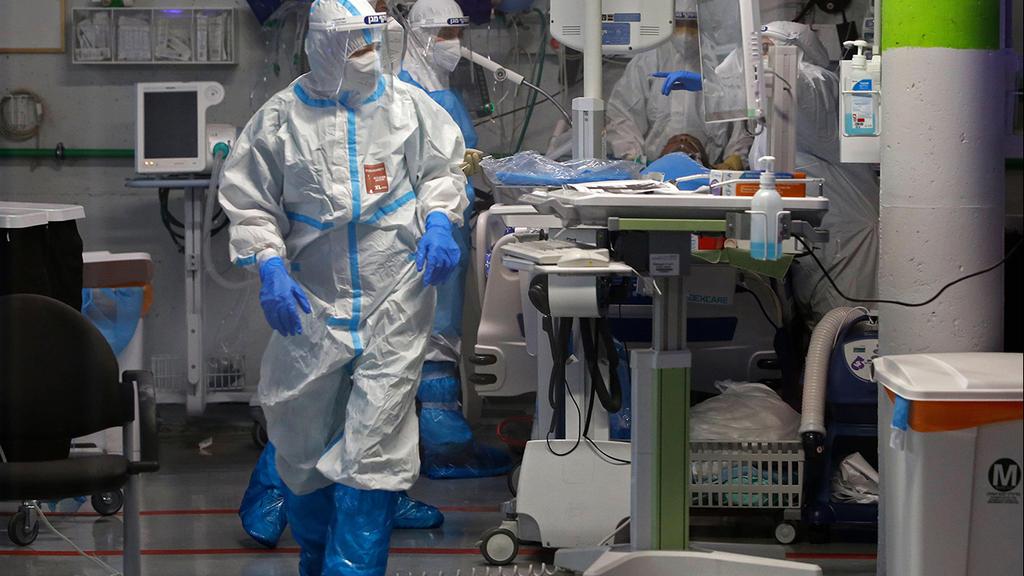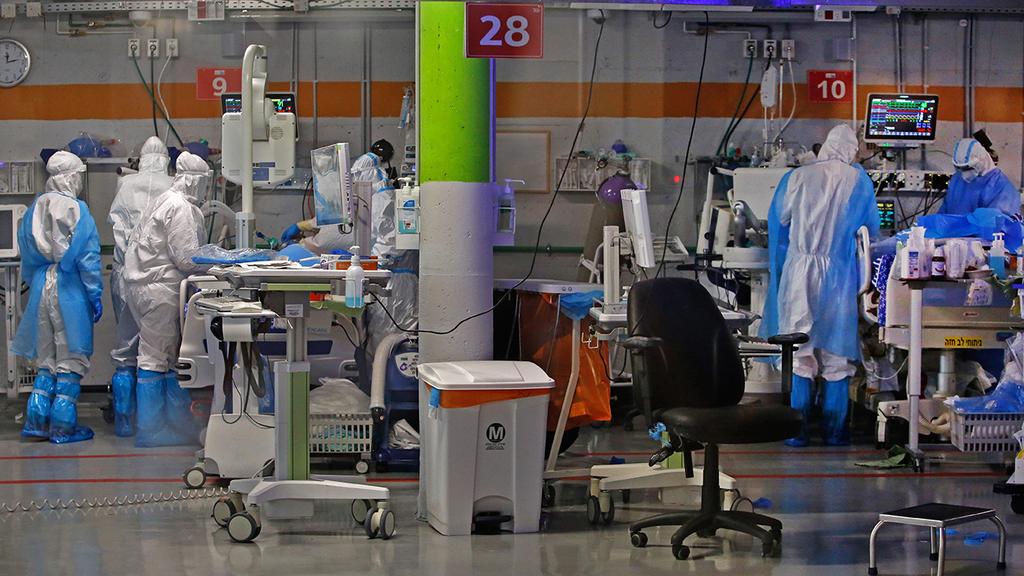Israeli doctors on Wednesday issued a stern warning to the government, claiming that if hospitals are not bolstered with more staff and resources, the country's health services will face a "brutal winter".
Over 100 doctors working at internal wards at Israeli hospitals, signed a letter addressed to Prime Minister Benjamin Netanyahu, Health Minister Yuli Edelstein and Finance Minister Israel Katz.
In the letter, they expressed their concerns over the worrying state of the country's health system in the wake of the recent COVID-19 resurgence, which they claim will only exasperate when the seasonal flu hits the country in a few months' time.
"We've been warning for the past two years that the issue of internal wards must be addressed in order for us to meet the complex challenges, which have been piling on during the coronavirus [crisis]," said the letter.
"This winter might be especially brutal. We, the heads of the internal medicine departments in Israel, are warning you - the internal wards are not equipped and not ready to face the challenges of the coming winter."
In the letter, the doctors also hinted that if the demands are not met soon, the medical staff will resort to strikes and protests.
"Throughout the years we have never done anything that would harm the patients. We did not strike, did not hold protest rallies, did not appeal to the High Court of Justice, did not block intersections and did not take any measures that everyone was recommending us to take," the letter said.
"Now, the ball is in your court."
A similar letter was sent earlier by the heads of emergency rooms and emergency medicine departments to Edelstein, also expressing concerns about the lack of resources and staff as coronavirus cases continue to mount.
"The current health crisis from the start was met with a 'lean' emergency medicine system that has exhausted its capability and is working despite a lack of resources," said the letter.
"We are currently facing a combined challenge of overload resulting from providing routine medical help and the increasing number of coronavirus-related enquiries."




